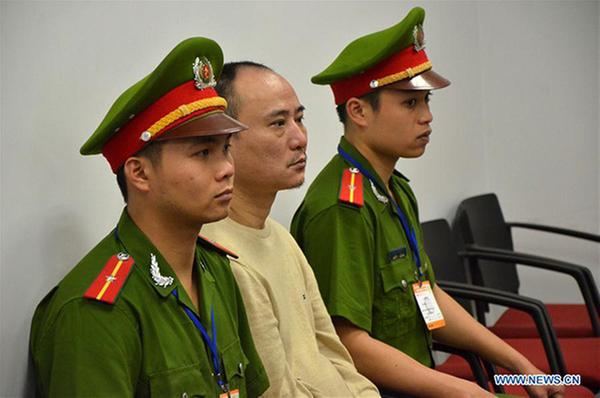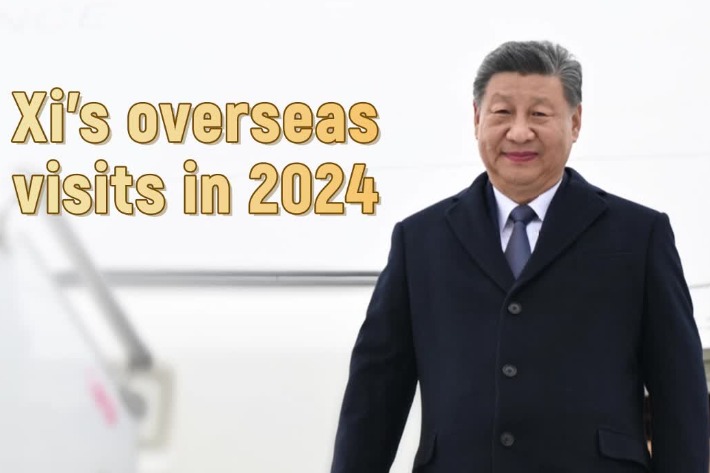Anti-graft campaign also successful in hunting "foxes" that fled overseas

 |
| The Chinese suspect Zhou (C) is under the control of Vietnamese policemen at the Noi Bai International Airport in Hanoi, Vietnam, on April 5, 2016. [Photo/Xinhua] |
Bringing back 40 of the 100 most-wanted corrupt Chinese officials to face the charges against them is only part of the achievement made by the Chinese authorities in hunting corrupt officials that have fled overseas. Since it launched the so-called fox-hunting campaign in 2014, it has successfully brought 2,566 corrupt officials back, of which 1,283 came back of their own volition or at the persuasion of the anti-graft agencies.
It is the national anti-graft campaign that was launched after the 18th National Congress of the Communist Party of China in October 2012 that made these achievements possible. Echoing the top leadership's call for more strictly regulating the Party and fighting corruption, the authorities at various levels have established special offices in order to bring back officials that have fled overseas.
The regulations have also been improved so that fewer officials choose to flee overseas when they know they are being investigated for corruption. The number of corrupt officials that fled overseas also dropped from 101 in 2014 to 31 in 2015. In 2016, the number was as low as 19.
China's anti-graft efforts have received support from other countries, too. For a long time, corrupt officials favored fleeing to developed countries such as the United States, Canada and Australia because of their lack of extradition agreements with China. Since the 18th Party Congress, China has accelerated talks for extradition treaties with these countries. By the end of last month, China had already signed bilateral extradition treaties with 48 countries, while talks for treaties with the US and Canada are ongoing. Some countries that have not signed extradition treaties with China are actively working with China, too.
With the firm determination of the top leadership to root out corruption, there will no longer be any safe havens for corrupt Chinese officials. Increasingly more countries will help China in its pursuit of corrupt officials that fled overseas. The day when corruption is basically rooted out will come.
- Interpol's list of most-wanted Chinese fugitives shows corruption of families
- Interpol's list of most-wanted Chinese fugitives shows corruption of families
- Interpol's list of most-wanted Chinese fugitives shows corruption of families
- Two Chinese fugitives netted overseas
- Wanted Chinese fugitives hiding in Australia exposed

































